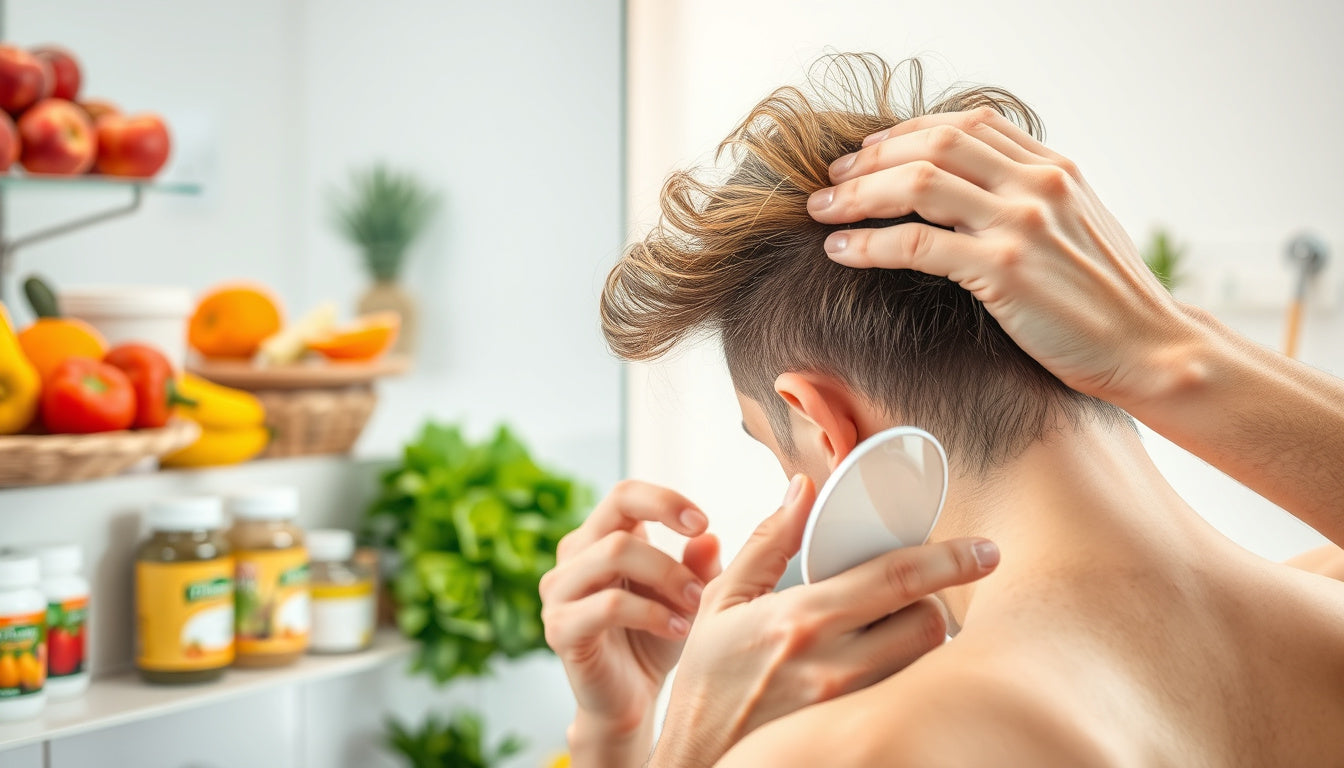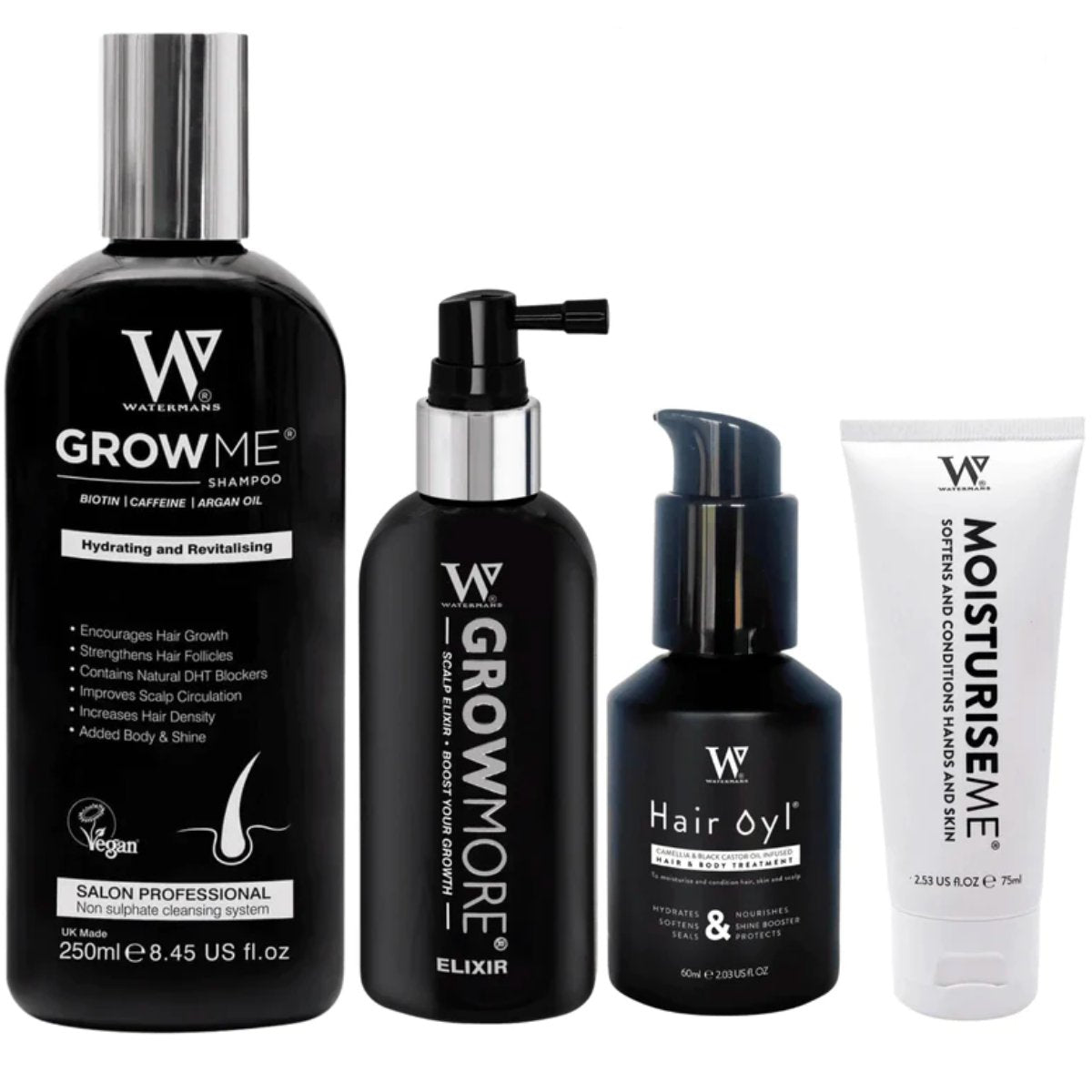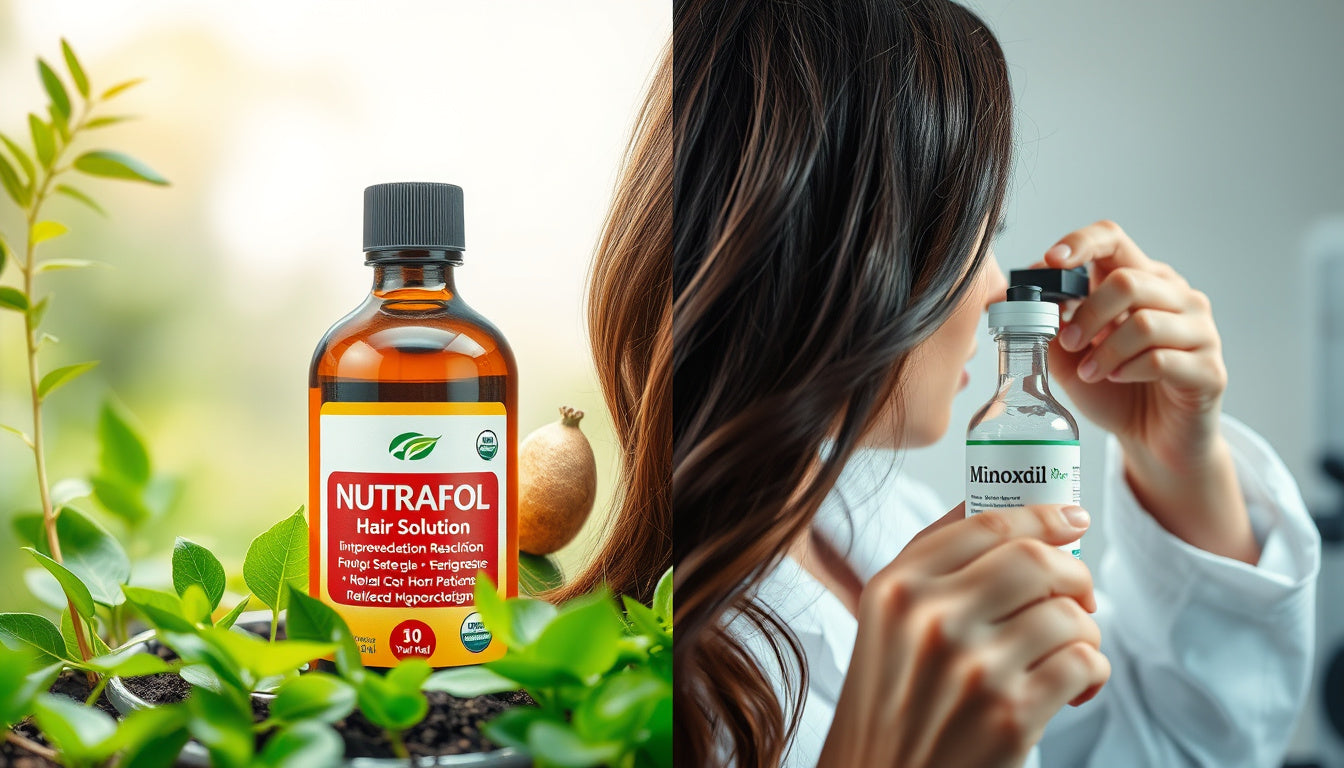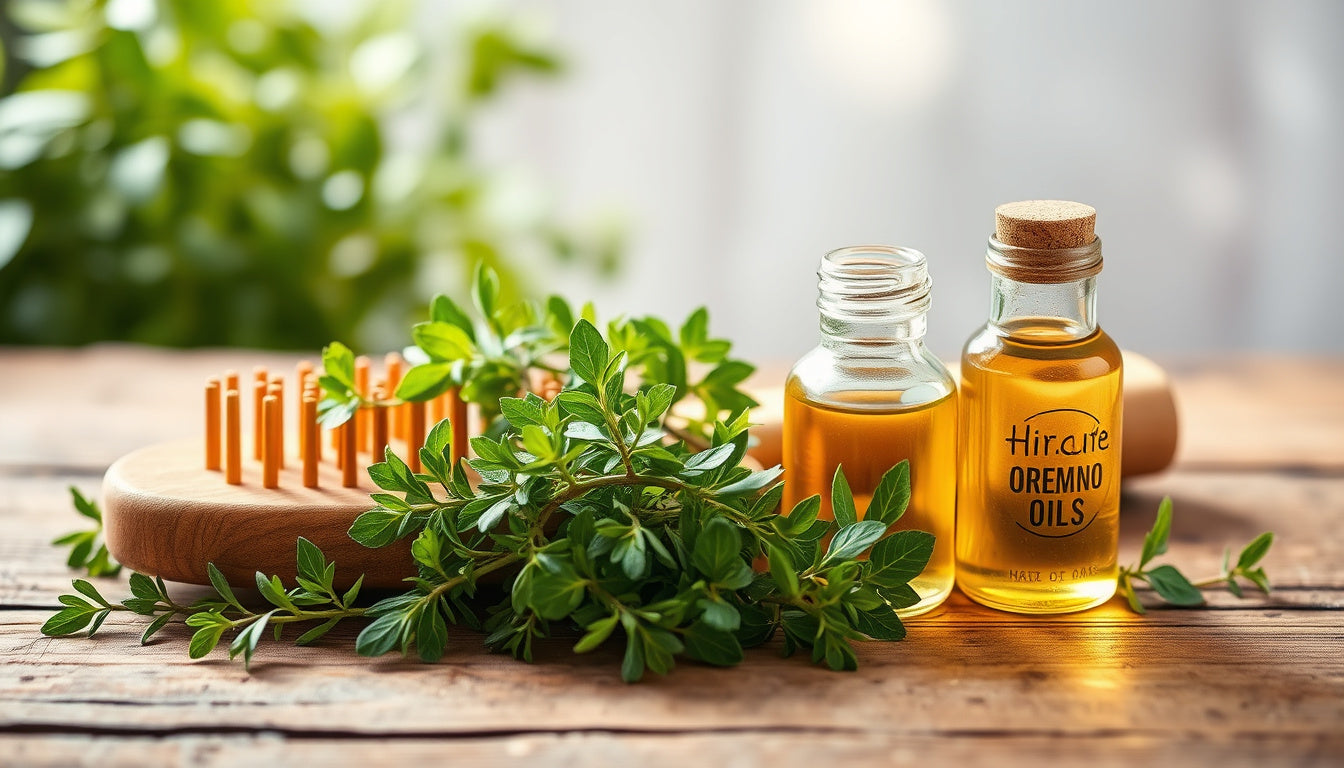
Unraveling the Causes: How Nutritional Deficiencies Can Lead to Hair Loss and What You Can Do About It

Hair loss can hurt many people. One main cause is poor nutrition. This article shows the link between food and hair. It points out that missing key nutrients can stop hair from growing and make hair fall.
Understanding Hair Structure
Before we talk about missing nutrients and hair, we look at what hair is made of. Hair gets made from a protein named keratin. This protein builds the hair and makes it strong. Hair needs many nutrients to grow well.
Hair grows from small follicles in the skin. Blood brings nutrients to these follicles. Nutrients, vitamins, and minerals work with each other to help hair grow.
Common Nutritional Deficiencies Leading to Hair Loss
-
Iron Deficiency: Iron helps make hemoglobin. Hemoglobin carries oxygen in red cells to each part of your body, including hair follicles. Low iron can cut the oxygen that hair needs and make it fall.
-
Biotin Deficiency: Biotin is a B-vitamin that supports hair. Low biotin might make hair brittle and cause loss. Foods rich in biotin include eggs, nuts, and whole grains.
-
Vitamin D Deficiency: Vitamin D helps hair follicles go through their cycle. Low vitamin D may force follicles to rest, leading to thinner hair and loss. Sunlight and enriched foods help keep good levels.
-
Zinc Deficiency: Zinc builds hair tissue and fixes damage. It also helps oil glands near hair follicles work well. A low amount of zinc may lead to hair loss. Foods with zinc include seafood, legumes, and seeds.
-
Protein Deficiency: Hair is mostly protein. Not eating enough protein can leave hair weak and easy to break. Lean meats, fish, eggs, and legumes support hair growth from the root.
The Role of a Balanced Diet in Hair Health
A good diet helps hair and the whole body. A mix of fruits, vegetables, grains, lean proteins, and healthy fats gives you the vitamins and minerals hair needs to grow.
Foods to Boost Hair Health
-
Dark Leafy Greens: Spinach and kale are high in vitamins A and C. These vitamins help produce oil that keeps hair moist.
-
Berries: Berries hold antioxidants and vitamin C. They protect hair and keep it strong.
-
Fatty Fish: Salmon, mackerel, and sardines have omega-3 fats that feed hair follicles and help hair grow.
-
Nuts and Seeds: Walnuts and flaxseeds give omega-3 fats, zinc, and vitamin E that fight hair loss.
-
Eggs: Eggs give biotin and protein to make hair tough.
Lifestyle Modifications to Speed Hair Growth
A good diet is key, and small changes in life can help hair grow.
Stress Management
High stress can cause hair to fall. Stress can push hair into a stage where it falls out early. Do yoga, try meditation, and stay active to keep both stress low and hair strong.
Scalp Care
A simple scalp massage adds blood flow to the follicles. Massages with oils like rosemary oil can help send more blood to hair roots.
Hydration
Drinking enough water helps the body work well. It also feeds hair from inside. Try to drink 8-10 glasses a day to keep hair in good shape.
Fixing Nutritional Gaps
If food changes do not help enough, speak with a doctor about taking supplements. Common picks are biotin, vitamin D, omega-3 fats, and iron. A health expert can help you pick the right pill for your needs.
Using Modern Hair Care Products
Food matters for hair, and using the right hair products can also work well. Watermans Grow Me Shampoo is a good choice for those with hair loss or who wish to grow more hair. Its mix of ingredients like Biotin, Rosemary, Caffeine, Niacinamide, Argan Oil, and more works together to wake up the scalp and give hair a fuller look.
For anyone who wants to try a product for better hair, use Watermans Grow Me Shampoo here.
FAQs About Nutritional Deficiencies and Hair Loss
-
What are the main vitamins for hair growth?
- Key vitamins are Biotin, Vitamin D, Vitamin E, and B-Vitamins.
-
Can hair loss be reversed?
- If food lacks key parts, hair loss can often turn around with changes in diet and care.
-
How long does it take for hair to regrow after treatment?
- It can take several months to see more hair after fixing what was missing.
-
Should I see a doctor for hair loss?
- Yes, if you lose hair often, a doctor can help find the root cause.
-
Is hair loss genetic?
- Yes, genes play a big role in hair loss, such as male and female pattern baldness.
Did You Know?
-
Vitamin E Benefits: Vitamin E keeps the scalp healthy and stops damage to hair follicles.
-
Iron Deficiency and Hair: Low iron in the blood can cut the blood flow, so hair follicles do not get enough oxygen.
-
Caffeine in Hair Products: Caffeine can get into hair follicles and help keep hair growing.
-
Protein Needs: An adult should eat around 0.8 grams of protein per kilogram of weight to keep hair strong.
-
Whey Protein: Extra protein from whey protein not only helps muscles but also helps hair to stay strong.
By knowing how missing nutrients affect hair, you can take steps to get stronger, thicker, and healthier hair. Keep up a good diet, lower stress, and try products like Watermans Grow Me Shampoo if needed. With care and good food, beautiful hair is within reach!













